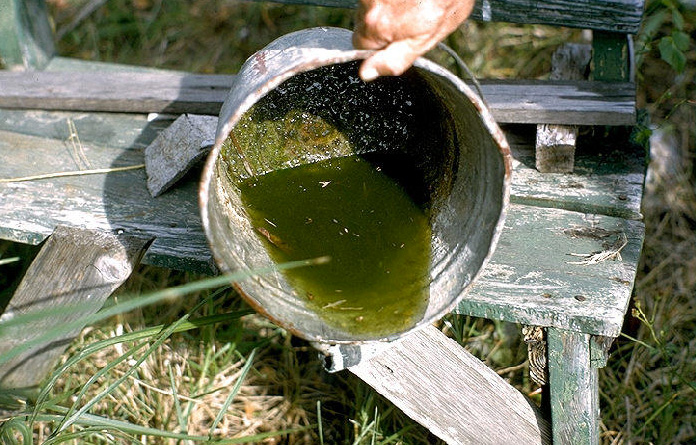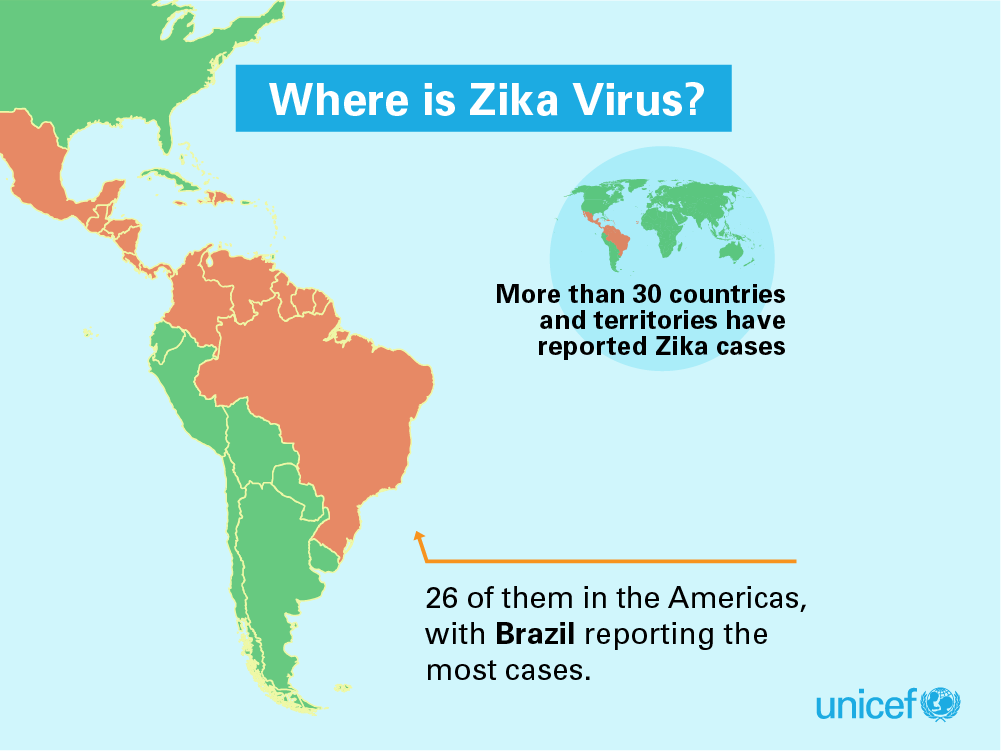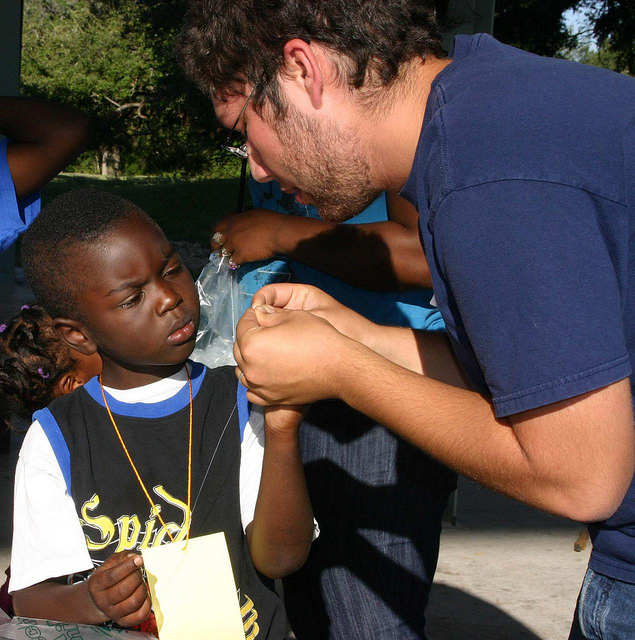Bass Classic and Toyota Texas Fest
Tuesday, May 10th, 2016
During the Toyota Texas Bass Classic at Lake Conroe in Conroe, Texas on October 6, 2013. (Photo by Jason Miczek)
This is Passport to Texas
The 10th Annual Toyota Texas Bass Classic, May 20 through 22, takes place on Lake Ray Roberts, and features family friendly activities at Toyota Stadium in Frisco.
This is a new thing for Bass Classic. The fishing portion is going to take place at Lake Ray Roberts, and then they’re going to come over and do all the awards in the stadium. So, it’s really going to be a little different than it’s been, but almost a little cooler, because usually we’re out in the country, and this time a lot of people that haven’t been able to come out to this event in the past are going to get to come out and try it.
Lacey Estus is outreach and recruitment manager at Texas Parks and Wildlife. The festivities in Frisco offers urban families an opportunity to get acquainted with the agency and the diverse outdoor recreation opportunities available to them.
A lot of times, it’s the first time they see us. They’ve heard about us, but they don’t really know who we are and what we do. A lot of people have no idea we that we even do archery; they think a lot of times we’re just fishing and camping. But, we’re a lot of things. And, it’s a great place for them to touch and feel things. It kind of goes back to when we did EXPO. The idea was ‘Hey, let’s take this on the road and give people that experience—[take it] to places that may not have seen it before or know anything about it.
Enjoy country music concerts all three days of the Toyota Texas Fest. There are plenty of family friendly activities, food, drinks and big bass. Discounted single day tickets or weekend passes are available before the event at toyotatexasfest.com.
For Texas Parks and Wildlife, I’m Cecilia Nasti.





 Passport to Texas is a
Passport to Texas is a  Passport to Texas is made available by:
Passport to Texas is made available by: